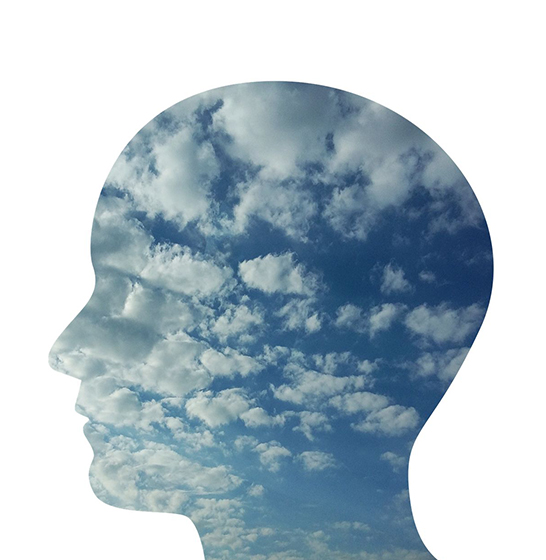- Ayurveda vs. Conventional Medicine: Different Approaches to Treat Anxiety

Anxiety is a natural part of the human experience, serving as body’s alarm system, alerting us to danger and preparing us to deal with it (the fight-or-flight response). While occasional anxiety is common, those with anxiety disorders experience intense, excessive fear and worry, accompanied by physical tension, sleep disturbances, and other symptoms that significantly impact daily life, including personal, social, and professional spheres. The potential health consequences of untreated anxiety—such as depression, heart disease, respiratory illness, and obesity— shows the importance to find a good strategy to handle anxiety.
Globally, anxiety disorders are prevalent, affecting an estimated 4% of the population. In 2019, anxiety disorders were identified as the most common mental disorders, with 301 million individuals affected worldwide.(1)
Conventional Medicine Approach
In conventional medicine, the causes of anxiety disorders aren’t fully understood. Life experiences, such as traumatic events, are known to trigger anxiety disorders in predisposed individuals, and anxiety can also be a side effect of certain medications. Anxiety happens when the amygdala, a part of the brain, senses danger, real or imagined. This sets off a fight-or-flight reaction, releasing stress hormones like cortisol and adrenaline, which can lead to feeling anxious.
Diagnosis typically involves clinical evaluations, discussions of symptoms and medical history, and also, psychological questionnaires. Clinically, a range of anxiety disorders exists, each with specific symptoms but commonly impacting one’s ability to enjoy life fully.
Treatment primarily consists of pharmacotherapy and psychotherapy. Medications like Selective Serotonin Reuptake Inhibitors (SSRIs) and Benzodiazepines aim to modulate the effects of cortisol and adrenaline, respectively, though benzodiazepines carry a risk of addiction. Cognitive Behavioural Therapy (CBT) seeks to alter negative thought patterns, and lifestyle changes, including exercise and diet, offer supportive benefits. However, this approach often provides symptomatic relief rather than a cure, with medication side effects and a one-size-fits-all treatment model posing limitations for some patients.
Ayurveda Medicine Approach
Aurveda Medicine defines anxiety disease as Chittodvega, which means state of anxious and stressful mind. Anxiety is due to an imbalance of Vata dosha, in our mind. Imagine Vata, with its elemental nature of air and space, creating a storm within the mind—thoughts fluttering uncontrollably like leaves in the wind, worries swirling into obsessions, and a fog of confusion making it hard to see clearly and sleep well. This imbalance can be caused by our diet, lifestyle, the stress we experience, and how the world around us changes. It can also come from a deeper spiritual disconnection, like being too attached to material things, fearing the loss of what we never truly owned, wanting to keep what should naturally come and go, and losing faith in the universe’s wisdom and the idea that we are more than our belongings and attachments. Diagnosis involves a holistic assessment of an individual’s physical constitution, lifestyle, and emotional state.
To treat anxiety/Vata imbalance, we need to stabilize your energy, calm the nervous system, relax the mind, release obsessive thoughts, connect to the body and to the Earth, and ultimately surrender to the flow of the Universe. Meditation, Pranayama and Yoga, indeed, are fundamental part of the treatment, which includes prescription of herbal remedies (like Ashwagandha and Brahmi), dietary adjustments. Ayurvedic treatment for anxiety is multifaceted, and more then everything personalised regard the causes.
Integrative Approaches
By integrating Ayurveda with contemporary medicine, we create a comprehensive strategy to manage anxiety effectively. This combined approach addresses the immediate concerns of anxiety while also nurturing overall well-being. Consequently, it may reduce the need for numerous medications and alleviate concerns regarding their potential side effects. This method honors the body’s natural processes, leveraging the advancements of modern science to tailor a personalized plan that caters uniquely to your needs.
(1) GBD Results Tool. In: Global Health Data Exchange [website]. Seattle: Institute for Health Metrics and Evaluation; 2019 (https://vizhub.healthdata.org/gbd-results?params=gbd-api-2019-permalink/716f37e05d94046d6a06c1194a8eb0c9, accessed 5 September 2023).
